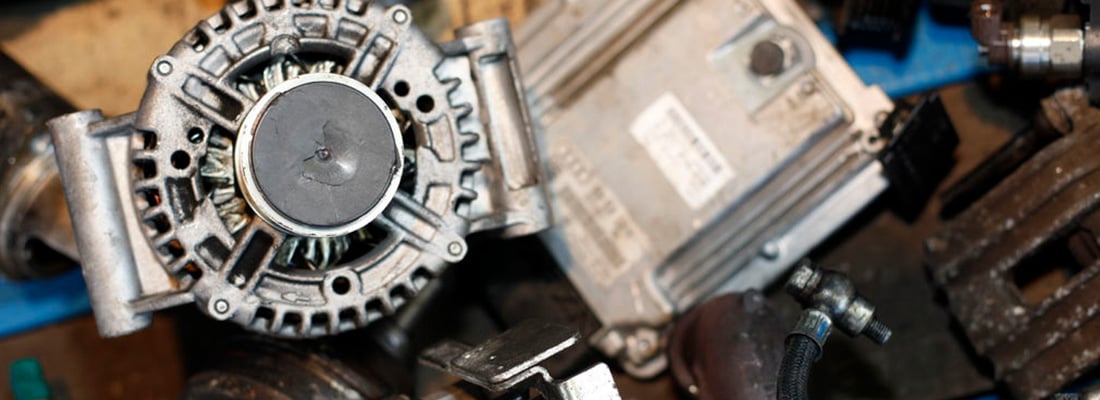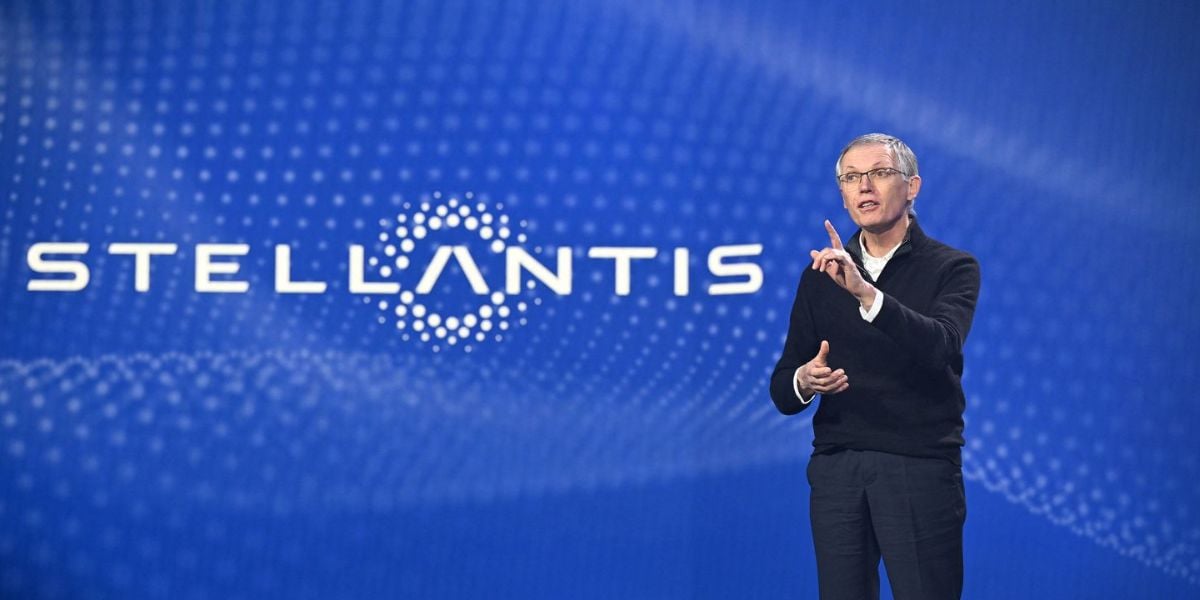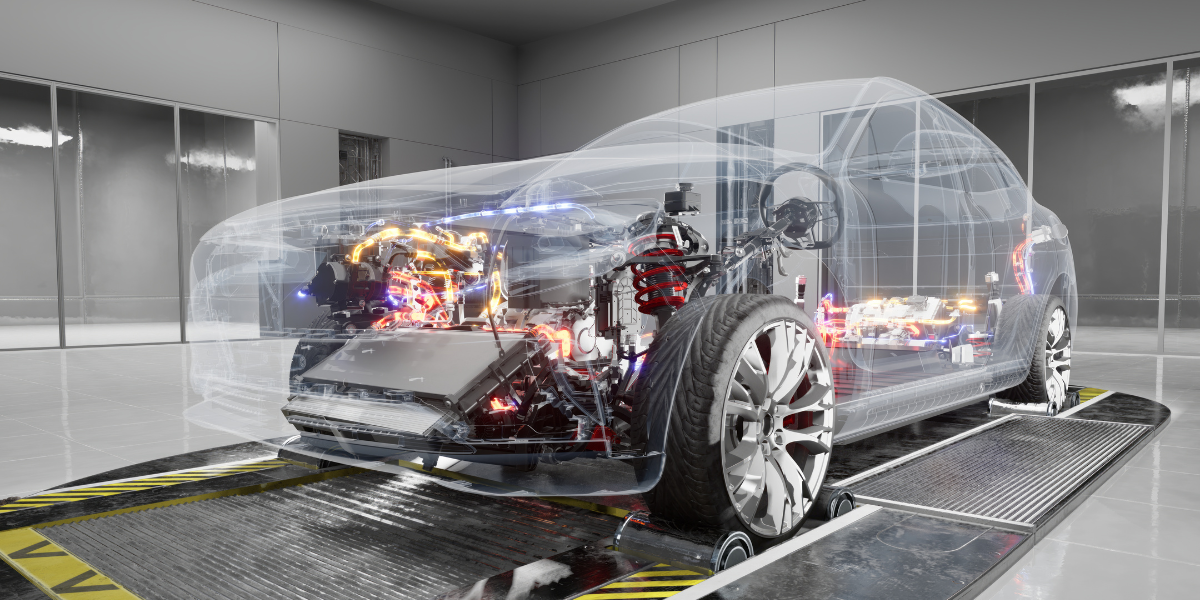Remanufacturing Associations Agree on International Industry Definition
International agreement an important milestone in further development of a growing industry.
FRANKFURT, Germany – September 13, 2016. The remanufacturing industry, which specializes in sustainable manufacturing, announces today that six leading associations with members in the automotive sector have reached a common understanding of basic definitions associated with their industry. The move is a tremendous step forward in the industry’s quest to raise awareness and acceptance of remanufactured products.
The European Association of Automotive Suppliers (CLEPA), Motor & Equipment Remanufacturers Association (MERA), Automotive Parts Remanufacturers Association (APRA), Automotive Parts Remanufacturers National Association (ANRAP), European Organization for the Engine Remanufacture (FIRM) and Remanufacture Committee of China Association of Automobile Manufactures (CPRA), all aligned on a common set of descriptions which define the industry.
“For many years, the lack of a common understanding within the sector has led to vigorous debate, misunderstandings and lack of a unified movement,” stated Roberto Vavassori, CLEPA President. “Today we have broken through these barriers, not just in one country, but internationally, with six of the world’s leading authorities on the subject commonly agreeing on what defines us. It’s a giant step forward for a global and ever-growing industry,” explains Salvador Munoz Zarate, General Manager of WABCO Reman Solutions and delegate of CLEPA to the Basel Convention.
The six associations have converged on the following two definitions:
- REMANUFACTURING PROCESS:
Remanufacturing is a standardized industrial process* by which cores are returned to same-as-new, or better, condition and performance. The process is in line with specific technical specifications, including engineering, quality and testing standards. The process yields fully warranted products.
*An industrial process is an established process, which is fully documented, and capable to fulfil the requirements established by the remanufacturer.
- CORE:
A core is a previously sold, worn or non-functional product or part, intended for the remanufacturing process. During reverse logistics, a core is protected, handled and identified for remanufacturing to avoid damage and to preserve its value. A core is not waste or scrap and is not intended to be reused before remanufacturing.
In addition, European associations had previously agreed to the following definition applicable in Europe:
- REMANUFACTURED PART:
A remanufactured part fulfills a function which is at least equivalent compared to the original part. It is restored from an existing part (CORE), using standardized industrial processes in line with specific technical specifications. A remanufactured part is given the same warranty as a new part and it clearly identifies the part as a remanufactured part and states the remanufacturer.
“The increased use of remanufactured products around the world is accelerating an international drive towards a circular economy,” adds John Chalifoux, President and Chief Operating Officer of MERA. “Today’s announcement of a common understanding among the associations will further help the industry communicate the quality, value and sustainability benefits of remanufactured goods.”
“Remanufacturing, which has been around for several decades, has gained greater awareness more recently with governments,” stated Steve Handschuh, President and Chief Executive Officer of the Motor & Equipment Manufacturers Association (MEMA), the parent of MERA.


.png?h=600&iar=0&w=1200)
